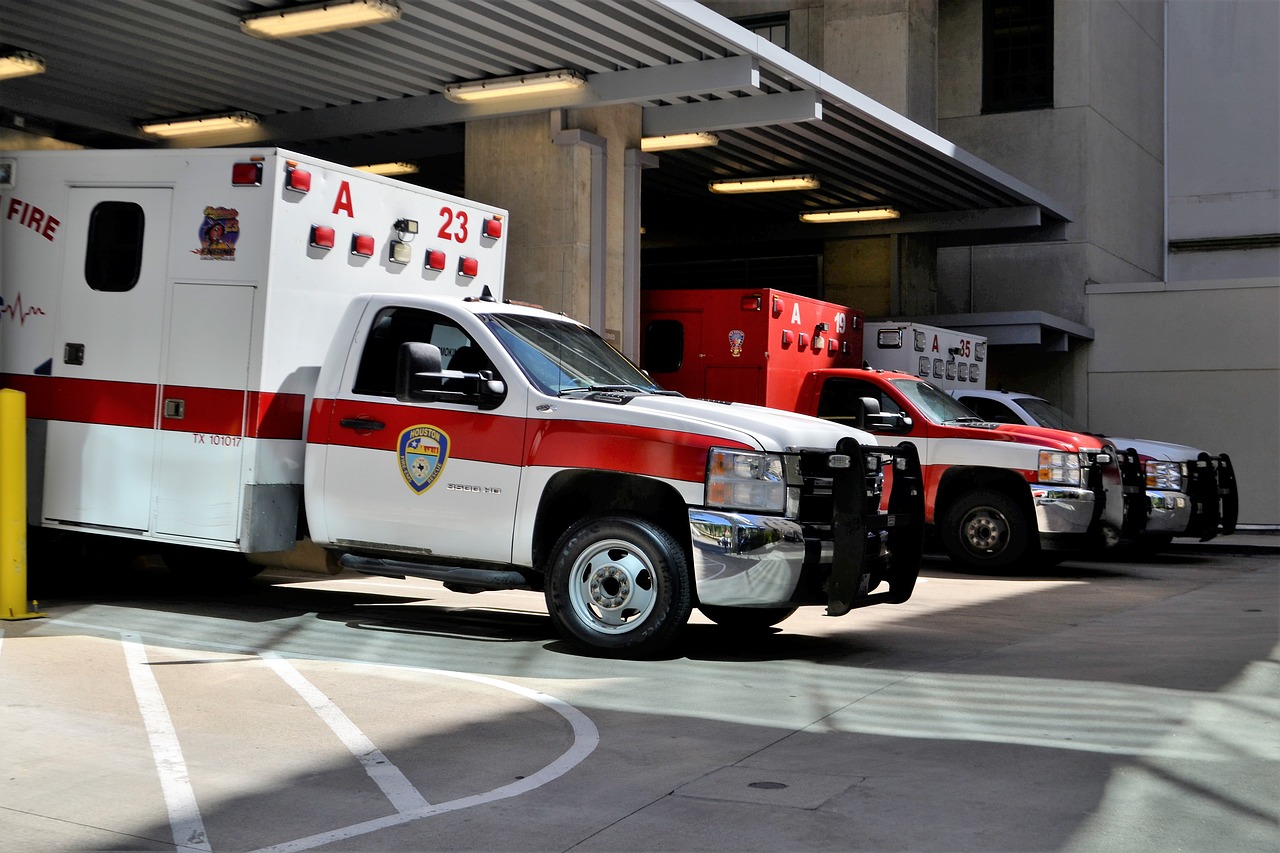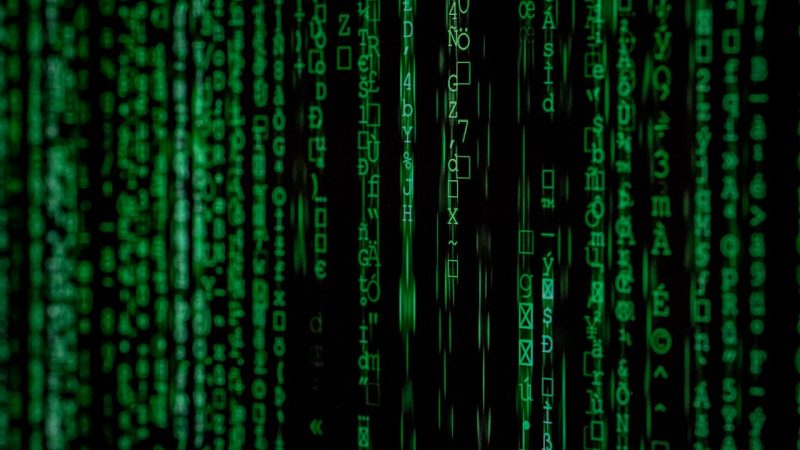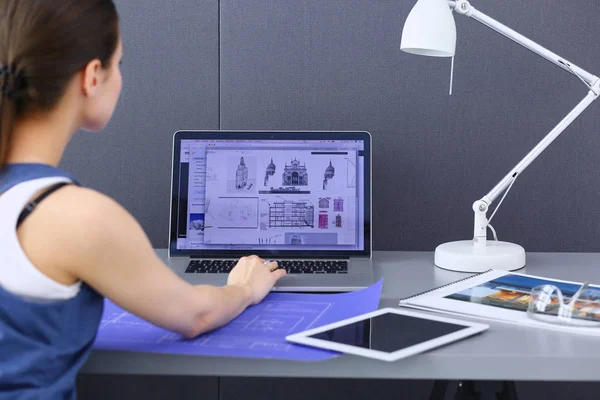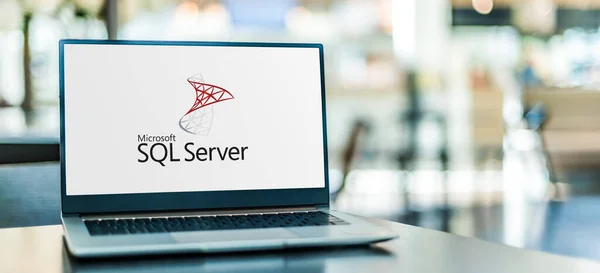What Are Medical Alert Systems? Importance of Medical Alerts for Elders

Early assistance and intervention are crucial when it comes to medical emergencies. This especially applies in cases such as seizures, heart attacks, and cerebrovascular accidents (stroke) where a few seconds of delay could spell the difference between life and death.
If the patient lives in a nursing home or senior care facility, they may be able to get the urgent treatment needed. However, if one is living alone at home—which applies to around 93.5% of seniors in the U.S. aged over 65—they’ll have to call for help themselves.
Note that requesting emergency assistance is not something an elderly individual having a medical emergency can easily do.
To avoid preventable deaths, we strongly advise investing in a medical alert system. That way, you or your aging loved one can get the necessary medical assistance as quickly and efficiently as possible if ever one finds themself in an emergency.
What Are Medical Alert Systems?
Medical alert systems are devices that allow seniors—or any patient, for that matter—to call for medical assistance whenever needed. It often comes in the form of a switch or pendant. When the button is pressed, the software sends a distress signal to the assigned emergency response team. Ideally, help should arrive in around a minute.
Seniors can use their medical alert system to call for medical assistance with emergencies such as a:
Cerebro-Vascular Accident (CVA)
CVA or stroke symptoms are very fast-paced. At the peak of an attack, the brain may stop working and render one unable to move, speak, or even think properly. Calling for help through a smartphone is out of the question.
The best strategy here is to have a medical alert system on one’s body at all times. Wear it like a necklace. If the patient feels they will be having a stroke, press the button for medical assistance right away! Don’t wait for the symptoms to worsen.
Heart Attack
The Center for Disease Control and Prevention (CDC) states that heart attacks remain to be the leading cause of death in the country. Reports say that more than 650,000 patients die of heart attacks each year. That amounts to one death every 36 seconds.
There are many ways to keep your heart healthy and prevent the onset of cardiovascular diseases. Still, immediate help is the single most efficient way to stop a heart attack. Only through urgent medical assistance can one increase their chances of survival. Even a few seconds of delay could mean death.
Seizure
A patient experiencing a seizure will barely have any time to respond to the situation. Yes, parts of the brain may remain functional and allow one to make small, simple movements. However, the window of opportunity to do these is minimal. Calling 911—even though a modern smartphone that automatically unlocks—might be challenging to perform.
Fortunately, medical alert systems are straightforward to use. As long as you can move your thumbs and press a switch, you’ll be able to seek the necessary help. Call for help if right away if you feel an oncoming seizure.
Accidents
Do not underestimate accidents. Reports indicate that one in every four elderly individuals suffer from falls. At the right height and force, these accidents can be life-threatening.
6 Most Important Reasons Why Every Senior Should Have a Medical Alert System
1. 24/7 Access to Medical Help
The primary benefit of investing in a medical alert system is that it gives patients immediate access to medical assistance 24/7. No matter where you are or what time it is, help will arrive at the press of a button.
2. Easy and Simple to Use
A very common misconception about these devices is that they’re simply alternatives to smartphones. It’s the other way around. One should only rely on a smartphone for emergency medical assistance if they do not have a medical alert device—not recommended for seniors.
The issue with this setup, however, is that most seniors are not technologically adept. While many seniors welcome technology and even invest in them, not a lot of this population can use the devices they purchase. And there’s no time for delays or mishaps during a medical emergency.
On the other hand, a medical alert system is extremely easy to use. All the patient really needs to do is reach out to the device, press the alarm (usually a button), talk to the agent, and wait for help to arrive. They won’t have to do anything else except focus on surviving.
3. Peace of Mind
What makes medical emergencies and accidents truly frightening is the fact that no one can tell when they’re going to happen. Yes, you can go through tests to determine the risks and chances. However, there’s no surefire way to ultimately assess how and when an attack will happen.
Generally, the best one can do is to prepare with a medical alert system. Having one allows the patient to call for medical assistance whenever or wherever they need to. Knowing that medical assistance is simply one click away gives both seniors and their families a sense of security and peace of mind.
4. Not WiFi-Dependent
A big advantage that medical alert systems have over even the most modern smartphones on the market is that these devices do not depend on WiFi. They’re linked directly to a landline. This means even if the patient is in an area with poor reception, such as a bathroom, basement, or shed, they’ll still be able to connect with an agent.
5. Affordable and Available to the Public
Emergency medical assistance should be available to all, and that’s why most medical alert systems are affordable. You can even get one for as low as $20 to $30! You can consult with your healthcare or insurance service provider if you’re planning on having the costs covered or reimbursed.
6. Freedom and Choice to be Independent
Generally, medical alert systems give seniors the option to live independently. They won’t have to stay with their reluctant relatives, hire a random caregiver, or stay in a super expensive nursing home just to ensure they’re protected during accidents.
Choosing the Perfect Medical Alert System
Planning to buy a medical alert system for your aging loved one? Don’t rush your decision! There are many options on the market, and you are free to explore every one of them. Here are some factors to consider:
Price
Device prices start as low as $20 to $30, but you need to watch out for the recurring and special fees. Ensure you fully understand the setup fees, monthly charges, and annual membership rates before signing up.
Ask about their cancellation fees as well. You wouldn’t want to spend too much just to switch to a new medical alert system.
Customer/Technical Support
Go for medical alert systems with a 24/7 support system. Issues and defects can arise at any time, so the patient has to have access to a reliable customer support team that can guide them and resolve the issue.
Also, make sure the customer service team is easy to reach. You wouldn’t want your senior loved ones waiting for hours on end just to resolve what should be a simple, minor issue.
Convenient, Practical Design
Medical alert devices often come in the form of a pendant, bracelet, watch, or keychain. When choosing, don’t just go for one that looks cute. Instead, choose a device that would best suit the senior patient’s lifestyle and personality. For example, if they don’t often bring keys around with them, then a keychain device would be considered impractical, right?
Overall Reliability
How reliable are the device’s software program and hardware? Bear in mind that the survival of your aging loved one in an emergency heavily depends on these devices, so make sure they’re reliable.
Go online to search for reviews. Ideally, you need an option that does not easily break, has reliable system software, easily connects with emergency hotlines, and has an audible microphone/speaker system.
Long-Term Device Durability
Bear in mind that patients will be wearing this device at all times, and there’s no guarantee that they can keep it from getting dinged, soaked, or bumped. That’s why you need a durable device. Generally, it should be able to withstand daily wear and tear damages and still be able to connect to assigned emergency hotlines.
Where Can Seniors Get a Medical Alert System?
These are available at major pharmacies around the country. You can also order or have them prescribed by your family physician.
Additional Resources
There are dozens of medical alert systems on the market. This freedom can feel quite liberating, but it may also be intimidating to first-timers who are exploring the concept of medical alerts for the first time.
If you’re having trouble navigating through the options, check out this review by Senior Strong. It’s an unbiased review of the most popular systems on the market today. It goes in-depth as to what each system has to offer, how much it costs, and who it’s ideal for.
Advances in the medical alert system industry
Still on the fence on whether a medical alert system is worth it? Advances in the industry paved the way for the production of some of the most efficient, highest quality devices capable of providing immediate medical assistance during emergencies. They’ve come a long way since the early 2000s when they were simply the butt of many comedians’ jokes.
What medical alert systems would you consider investing in? Share your thoughts with us in the comments section below!





